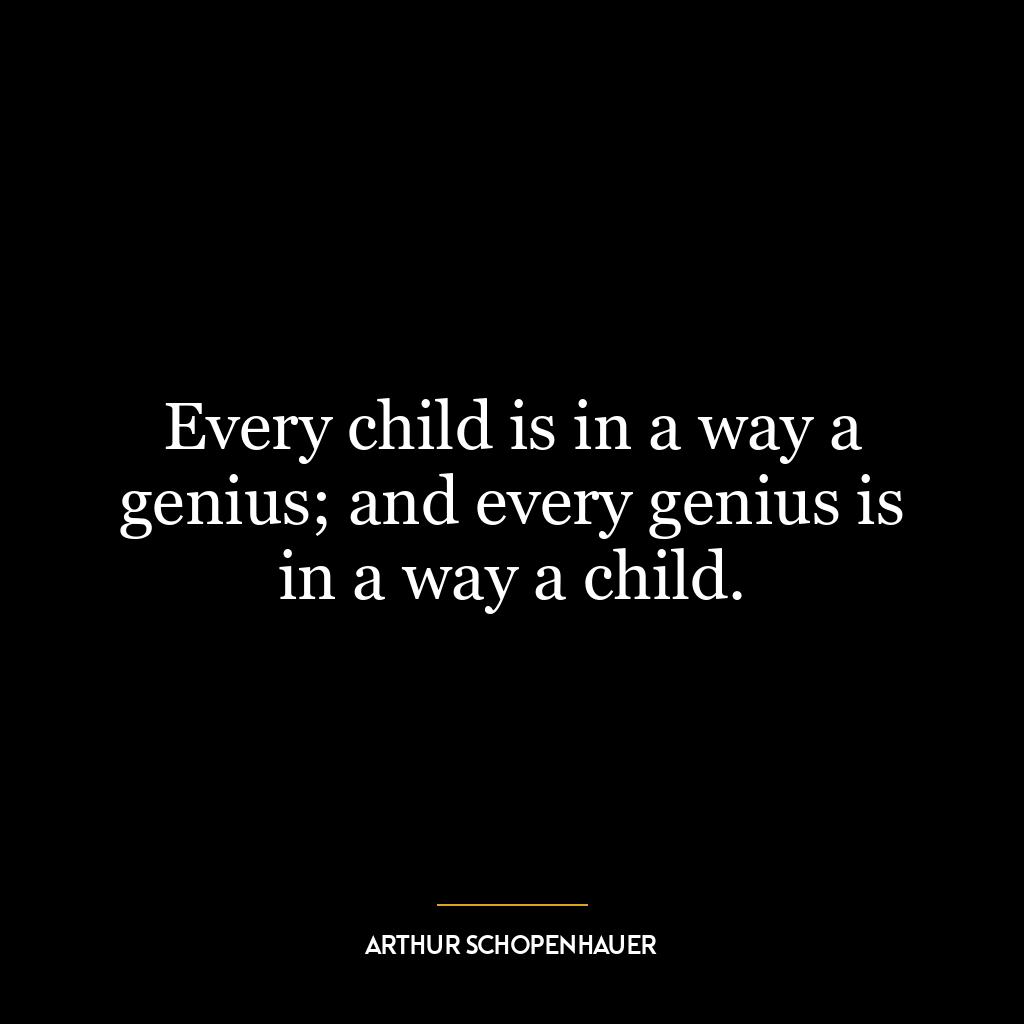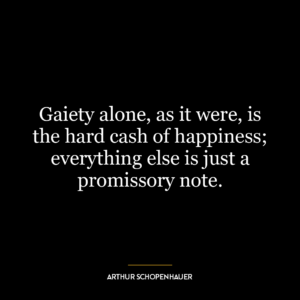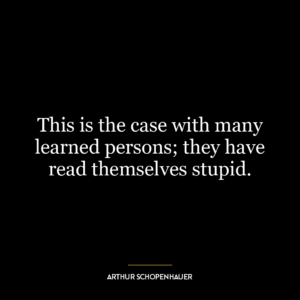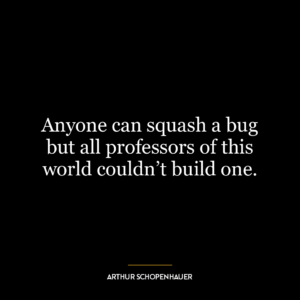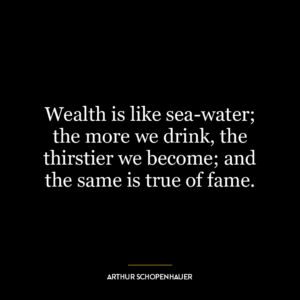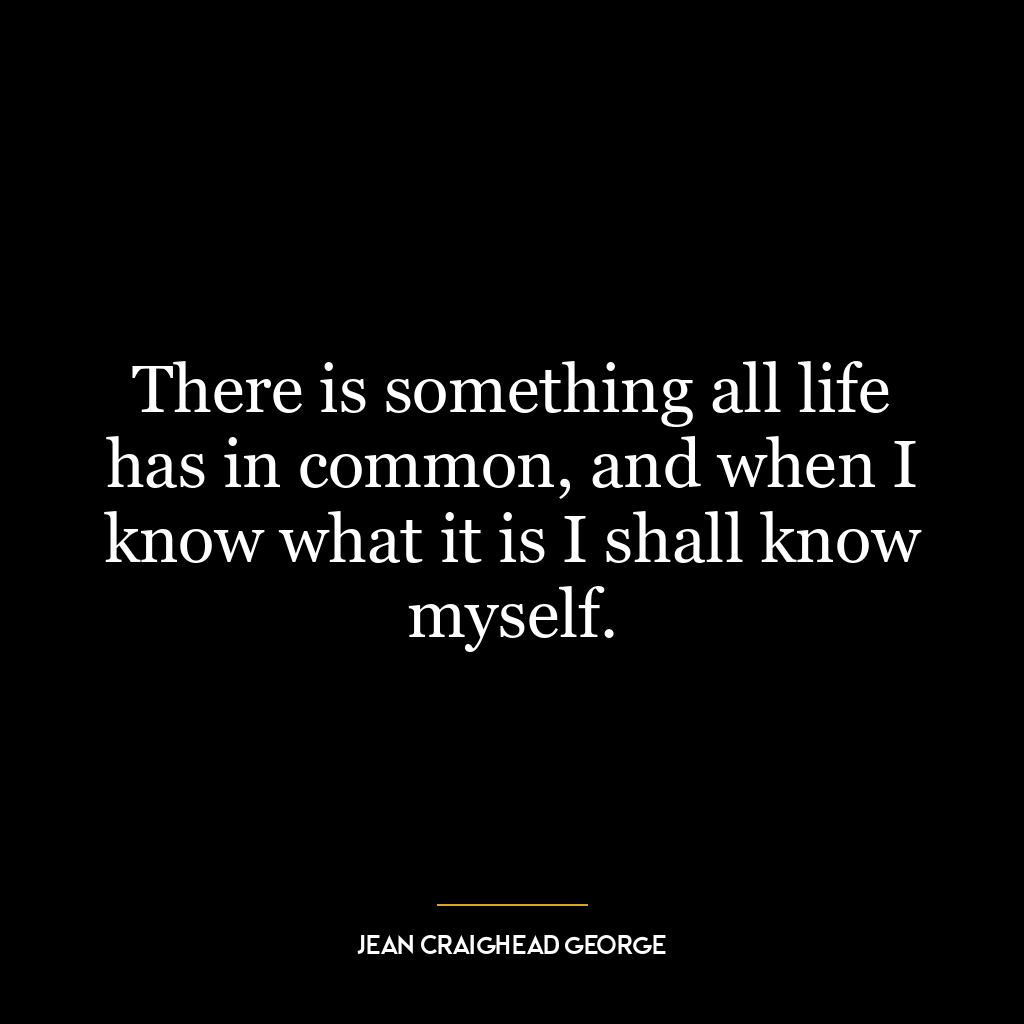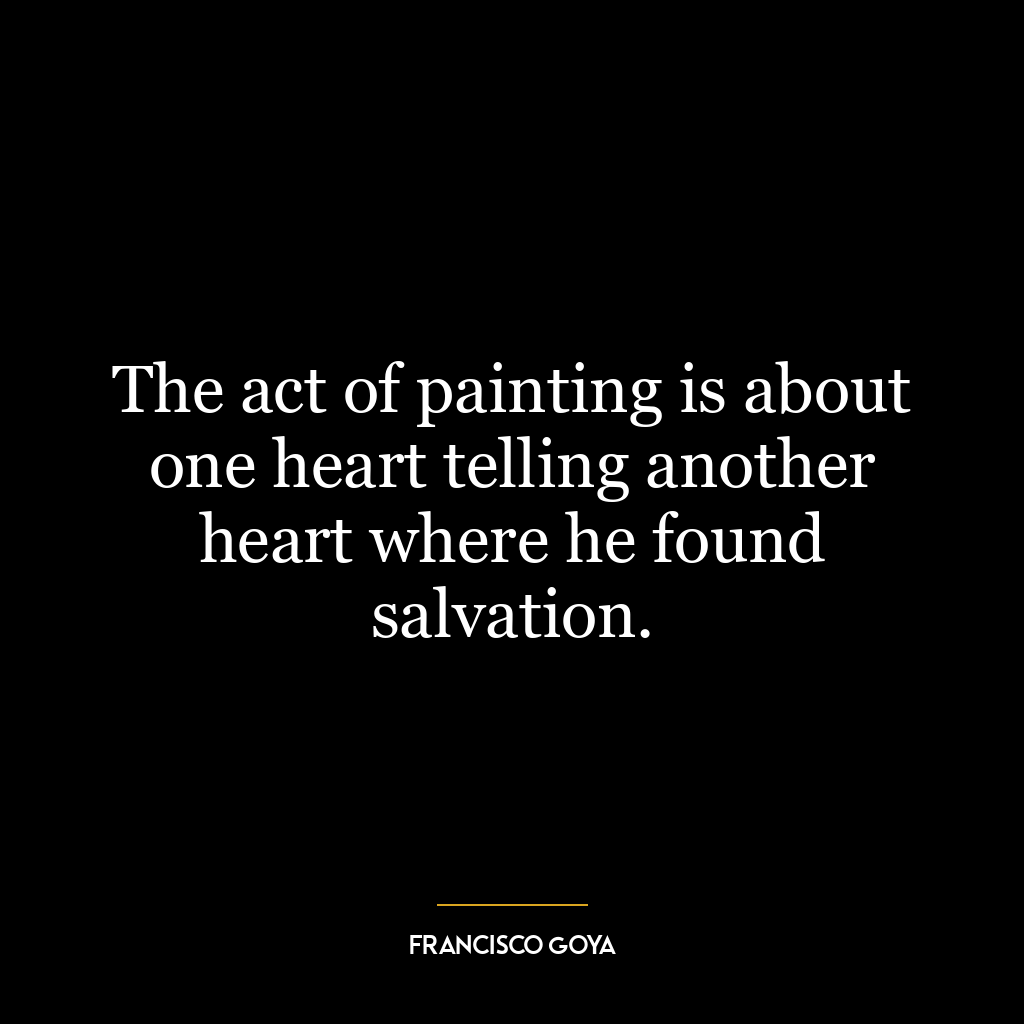Every child is in a way a genius; and every genius is in a way a child.
This quote is a reflection on the inherent potential and unique capabilities found within every child, likening them to a genius. It suggests that all children possess a certain spark of genius within them, which might be in their aptitude for learning, their creativity, their empathy, or their ability to see the world in ways that adults often can’t. This genius is not necessarily academic or intellectual, but rather, it is the potential to excel in their unique way.
On the flip side, the quote also suggests that every genius retains something of a childlike nature. This could be a sense of wonder, a boundless curiosity, or the ability to approach problems from a fresh, unencumbered perspective. The genius, much like a child, doesn’t limit themselves by what is known or accepted, but rather, they dare to venture into the unknown, question the status quo, and see possibilities where others see dead ends.
Applying this idea to today’s world, it could serve as a reminder of the importance of nurturing and fostering the potential within every child and recognizing the value of thinking outside the box. In an era where standardization often takes precedence, this quote underscores the importance of individuality and creativity. It might also be a call to preserve and cultivate our childlike curiosity and sense of wonder, both in education and in our approach to problem-solving and innovation.
In terms of personal development, one might take this quote as encouragement to embrace their unique strengths and perspectives, and to maintain a sense of curiosity and openness to new ideas. It suggests that even as we grow and mature, we should strive to retain the best aspects of our childlike selves: our curiosity, our creativity, our capacity for joy and wonder, and our willingness to question and explore.

